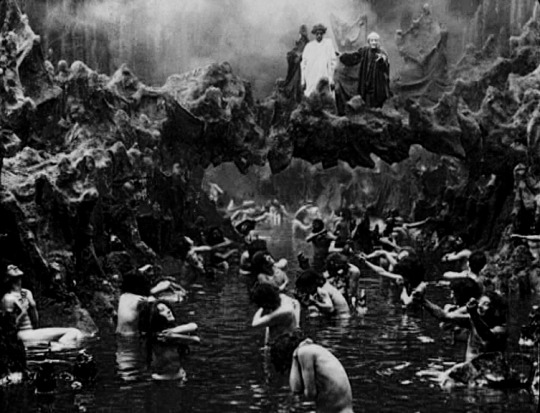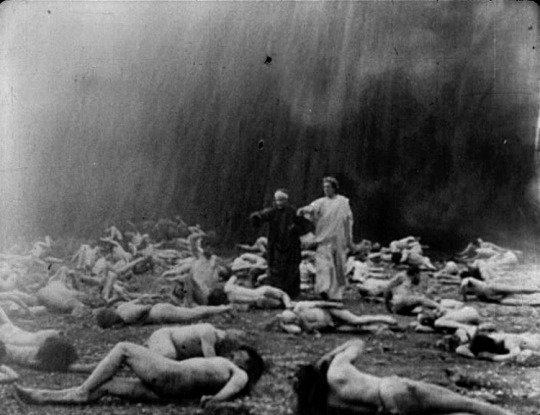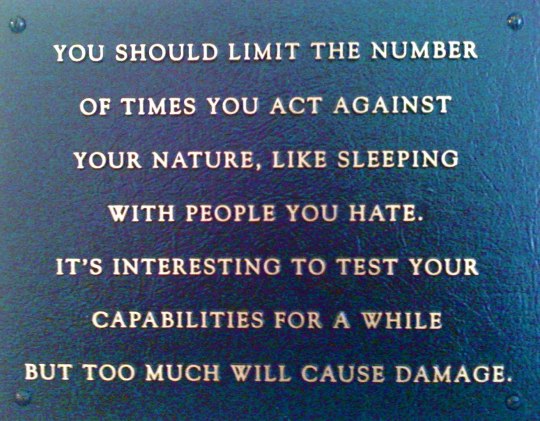Photo
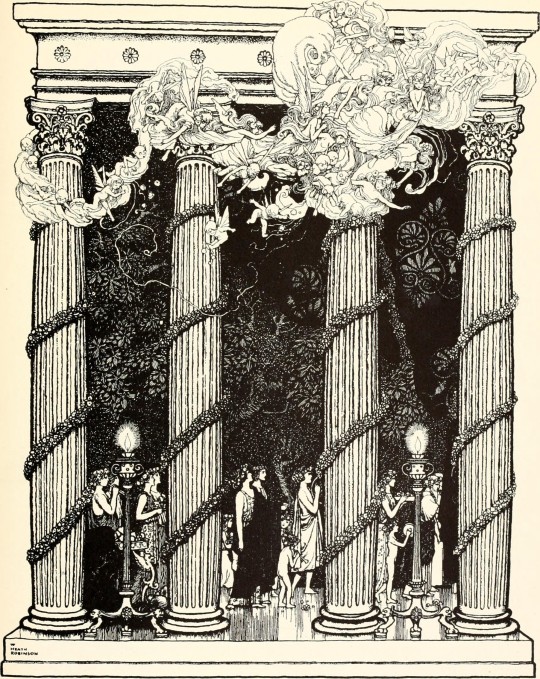
Title Page for Act V, from Shakespeare’s A Midsummer Night’s Dream by W. Heath Robinson (1914)
6K notes
·
View notes
Text

Overshot arugula - Marjolein Terwindt
Dutch b. 1950s -
Woodcut , 23 x 27 cm.
196 notes
·
View notes
Text
Please help a homeless trans woman facing constant violence on the street!

08/13 - Hello, donations have slowed down again, so I am making a new post for my friend. She is a trans woman with cancer who is living on the street after losing her car in an accident. Because of her vulnerable position, she has been targeted by transphobic people for truly horrifying violence. Just this past week she was attacked by a group of men who destroyed her tent and vandalized it with slurs, woke up to someone pouring gasoline on her, meaning she had to throw away all of her clothes and possessions, and had her stuff she had bought to replace that stolen when she had to take her dog to the vet after it was attacked. She spent all of last night wandering the city because she isn’t safe anywhere. She is desperate to get out, but needs any and all support to do so. Every horrible event has set her back again and again. Please share this and consider helping a trans woman in truly awful circumstances!
VENM0 @ ruby_arnone, $charlotterose86,  PayPal.me/ruby11a

544 notes
·
View notes
Photo
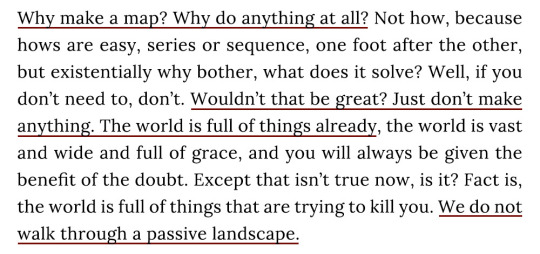
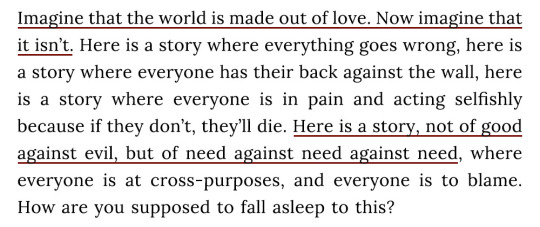

Richard Siken, excerpts from “Hansel” in Brothers & Beasts: An Anthology of Men on Fairy Tales
7K notes
·
View notes
Photo
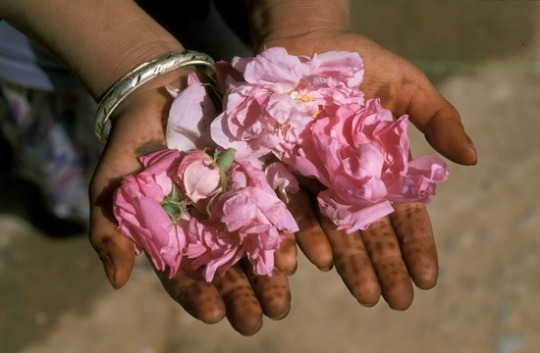
Moroccan Rose is one of the most fragrant varieties of the Damask Rose, which originated in Damascus, Syria - Fotopedia Magazine
Source: Pinterest
9K notes
·
View notes
Text

Italian Vogue, Bordighera, Italy 1982 Photo-Litho
6K notes
·
View notes
Photo

Vintage Penguin paperbacks from the 1930s - 1940s.
184 notes
·
View notes
Photo

Roman Cieslewicz, Ksiadz Marek (Friar Marek) (Poster for production of the 1843 drama by Juliusz Słowacki), 1963 [MoMA, New York, NY]
148 notes
·
View notes
Photo
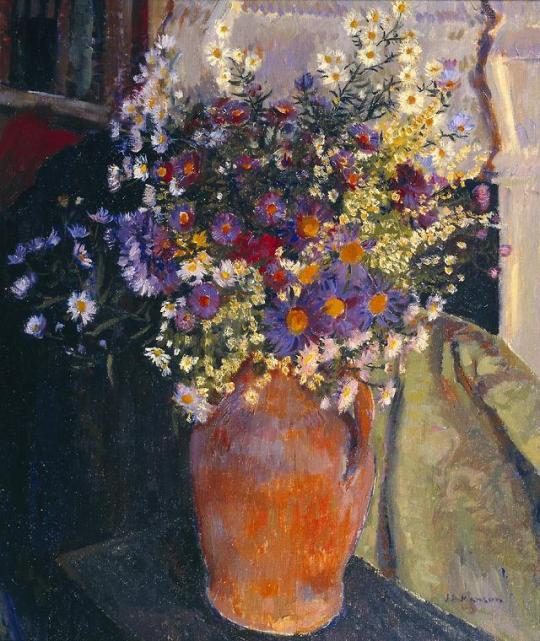
James Bolivar Manson (1879 - 1945) Michaelmas Daisies (ca.1923)
2K notes
·
View notes
Photo

Roman Cieslewicz, Kafka Proces (Kafka’s Trial) (Poster for a Warsaw dramatization based on Franz Kafka’s novel), 1964 [MoMA, New York, NY. Museum für Gestaltung Zürich]
158 notes
·
View notes
Text
hes a 10 but his mom died in a museum explosion and he’s selling fake antiques
919 notes
·
View notes
Text
“It seems to me that a part of the tragedy of the Bosnians lies in their belief that Europe is what it is not. Europe did not intervene, it did not save them, because there was no Europe to intervene. They saw a ghost. It was us, the Eastern Europeans, who invented ‘Europe’, constructed it, dreamed about it, called upon it. This Europe is a myth created by us, not only Bosnians, but other Eastern Europeans, too - unfortunate outsiders, poor relatives, the infantile nations of our continent. Europe was built by those of us living on the edges, because it is only from there that you would have the need to imagine something like 'Europe’ to save you from your complexes, insecurities, and fears. Because for us, the people from the Balkans, the biggest fear is to be left alone with each other. We have learned better than others what you do to your own brother. Sitting there at the Sunday lunch with Zijo, Fatima, Amira and their friends, I felt the absurdity of the situation. Why were these people in Stockholm? Was the food they were eating - sarma, dolma, pita, ćevapčići - the reason why they had been driven from their own country? The idea seems crazy, I know, but what else is the reason? They didn’t look different from me, or from those who had scared them away from their home. We even share the language, the education and history of the last fifty years. Our culture and habits might be slightly different, as are our names. Then, there is the food - delicious, tasty and spicy - that somehow seems to have been declared 'wrong’. But if what you eat decides what side you are on, then I should be on the 'wrong’ side, too. It was a sad lunch, because we understand that everything Zijo politely calls 'misunderstandings' - on both the Bosnian and the European sides - could perhaps have been avoided. Ever since that day in Stockholm, Europe has had another meaning for me. Every time I mention that word, I see the Bosnian family in front of me, living far away from whatever they call home and eating their own wonderful food because that’s all that is left for them. The fact remains that, after fifty years, it was possible after all to have another war in Europe; that it was possible to change borders; that genocide is still possible even today. This should be enough to scare us all. This, and the fact that 'Europeans’ - that is, people in France, Great Britain, Germany, Italy, Austria or Spain - watched all this, paralysed. It was all there, on the television screens in their living rooms, shells, bombs, slaughter, rape, blood, destruction - the entire war unfolded in front of their eyes. Everybody knew what was going on and this, in a way, is the curse of the war in Bosnia, in the Balkans, and in - well, in what is called Europe. Should we not, must we not ask, then, what is Europe after Bosnia?”
— The conclusion to “Bosnia, or What Europe Means to Us” from Café Europa: Life After Communism by Slavenka Drakulić
81 notes
·
View notes
Text
“Turati and Kuliscioff were ever-present in my mother’s reminiscences. I knew they were both still alive and living in Milan (perhaps together, perhaps in two different apartments) and that they were still involved in politics and the fight against fascism. Nevertheless, in my imagination, they had become tangled up with other figures who were also ever-present in my mother’s reminiscences: her parents, Silvio, the Lunatic, Barbison. People who were either dead or, if still alive, very old and belonging to a distant time, to far-off events when my mother was a child and heard someone or another say, “It’s my bitch’s sister!” and “Sulfuric acid stinks of fart.” These were people impossible to meet now, impossible to touch, and even if I were to meet them and touch them they were not the same as the people I imagined, and even if they were still alive, they were in any case tainted by their proximity to the dead with whom they dwelled in my soul; and they had assumed the step of the dead, light and elusive.”
Natalia Ginzburg, Family Lexicon (trans. Jenny McPhee)
33 notes
·
View notes
